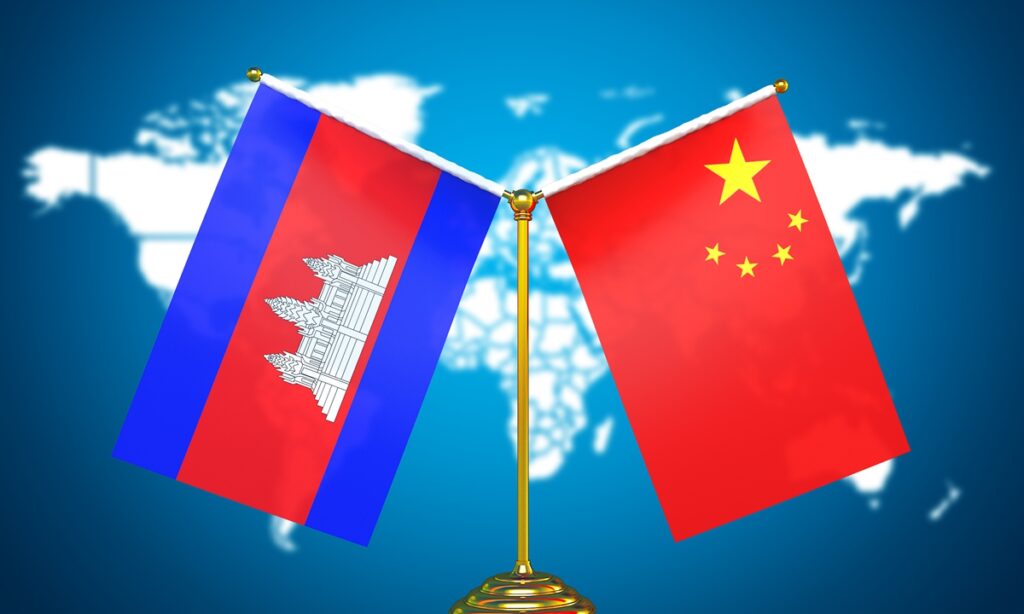The election result in Cambodia is expected to lay a solid foundation for the stability and further development of future China-Cambodia relations. Both sides will continue to uphold the unbreakable friendship forged by generations of leaders from both countries and support each other in areas such as investment cooperation and regional affairs, analysts noted.
The party of Cambodian Prime Minister Hun Sen declared victory in a general election on Sunday. “We’ve won in a landslide… but we can’t calculate the number of seats yet,” said Sok Eysan, spokesperson for the Cambodian People’s Party (CPP,) Reuters reported.
Hun Sen will extend his nearly 40-year reign as prime minister and pave the way for a power transfer to his eldest son, Hun Manet, read media reports, noting that the 45-year-old Hun Manet left his post as commander of the army to run for a seat in the National Assembly, and that Hun Sen surprised many by announcing on Thursday that the transfer could come as soon as next month.
It appears that Hun Sen continues to play a crucial and significant role in maintaining political stability and social order in Cambodia. As a result, despite Western countries’ involvement in Cambodia’s domestic affairs, their impact is likely to be limited, Zhuang Guotu, head of Xiamen University’s Southeast Asian Studies Center, told the Global Times on Sunday.
The election result implies that Cambodia is likely to continue and further develop its friendship with China in the coming period, which is also the desired outcome for the Chinese side, Zhuang noted.
Chinese President Xi Jinping on Wednesday exchanged congratulatory messages with Cambodian King Norodom Sihamoni on the 65th anniversary of the establishment of diplomatic relations between China and Cambodia, according to the Xinhua News Agency.
The close ties between China and Cambodia are rooted in their highly aligned national interests, where maintaining a friendly relationship serves both sides’ common interests. China has made substantial investments in Cambodia, playing a significant role in the country’s infrastructure development, industries and exports, experts said.
Chinese investment accounted for 90.5 percent of the foreign direct investment (FDI) to Cambodia in 2022, and 73.5 percent in the first four months this year, said Chea Vuthy, deputy secretary-general of the Council for the Development of Cambodia.
“China has always been the largest source of FDI to Cambodia,” he said. “FDI, especially from China, has played an important role in developing the national economy and improving the livelihoods of the Cambodian people.”
Vuthy said that investment from China has injected new capital to Cambodia, brought about new technologies, created jobs, increased production and exports, and helped boost the kingdom’s integration into regional and global value chains.
Neak Chandarith, director of the Cambodia 21st Century Maritime Silk Road Research Center, said Chinese-funded enterprises were pivotal in boosting Cambodia’s economic recovery in the post-pandemic era.
In fact, besides the economic sphere, China and Cambodia also maintain close cooperation in regional affairs. Cambodia, in particular, plays a crucial role in advancing China’s relations with ASEAN, which is of significant importance to China in sustaining close cooperation with Cambodia and other ASEAN member countries, Zhuang noted.
From this perspective, any efforts made by China to maintain and strengthen its relationship with Cambodia are not excessive. The incoming Cambodian government is expected to further solidify the friendship and trust between both the two nations, analysts remarked.
(Global Times)




